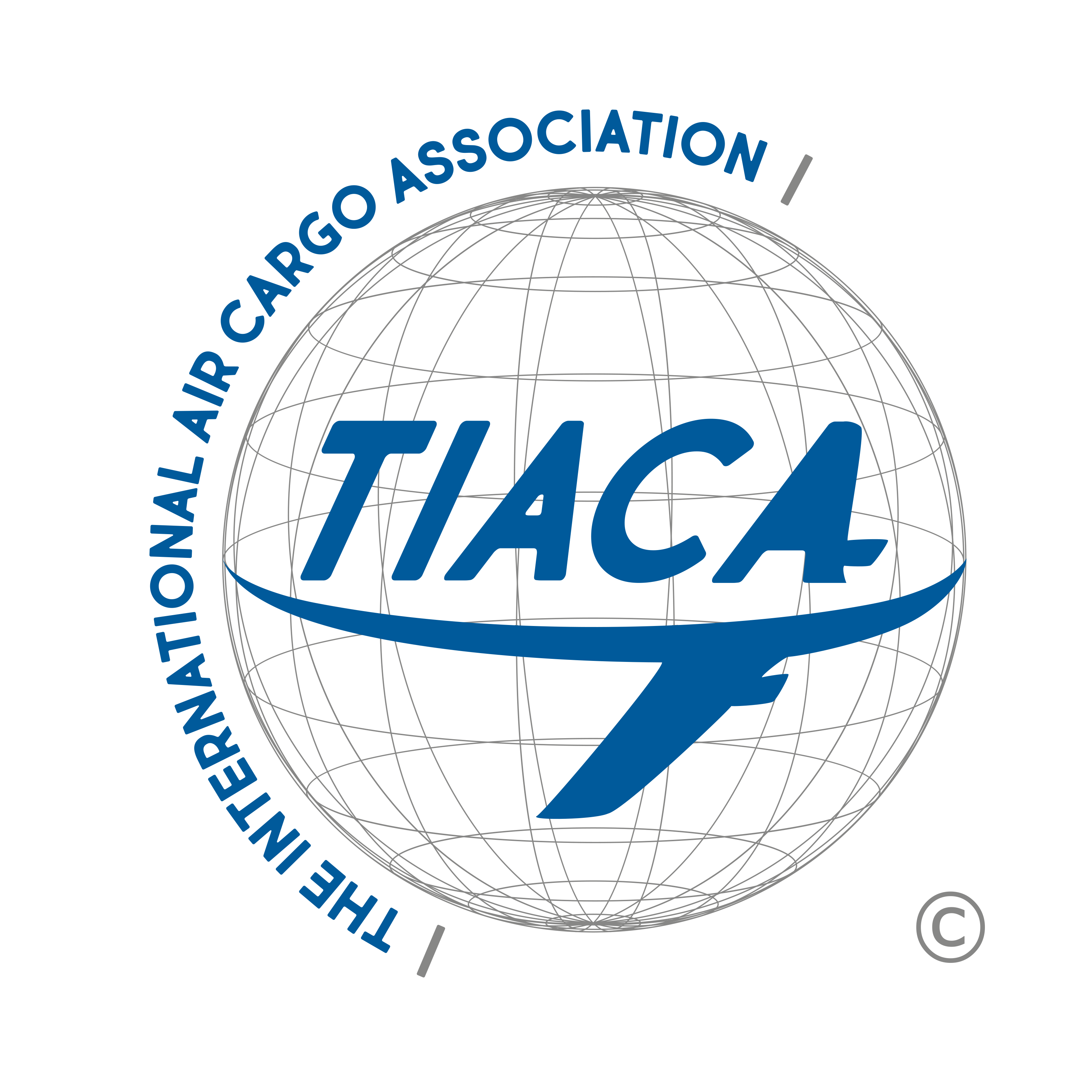Embracing Fit for Purpose Innovation
Article submitted by dnata – TIACA Trustee Member
Written by: Dirk Goovaerts, Regional CEO, Asia Pacific, dnata
The Covid-19 pandemic has undoubtedly challenged the aviation industry and significantly accelerated the need for change, especially in digitalisation and automation. dnata continually strives to raise industry standards through innovation and by embracing the latest technology.
Over the past year, we have partnered with industry disruptors to incorporate additional automation, robotics, and the use of AI into our operations, along with greener solutions that will reduce our carbon footprint. Improved IT systems now support our ability to leverage data analytics and predictive modelling tools to forecast flight volumes and cargo tonnages for optimal performance and improved customer service. We are also developing mobile applications to allow customers a more seamless experience and enhance operational visibility.
All of dnata’s recent innovation has been tailored to not only improve efficiency but to deliver more value for our customers, and I believe it remains key to incorporate solutions that are fit for purpose. We need to ensure that we continue to respond to the ever-changing needs of the customers.
The overall air cargo supply chain needs to offer more seamless operations with end-to-end visibility underpinned by innovation and digitisation through a more connected air cargo ecosystem. dnata strongly supports a collaborative industry approach in all the communities we serve to drive efforts towards an integrated digital cargo platform to improve operational insight and efficiency, provide visibility on KPIs in the chain, and create end-to-end transparency across the entire cargo community. Deduplication of information, making better use of resources, sharing a single version of the truth and operating as one instead of as isolated silos drive important benefits for all.
Sustainability has also been a key priority, not just for dnata but for many other air cargo industry stakeholders. It is indeed a global problem, and we all must do our part. We see that here collaboration is critical too for implementing effective sustainability practices, in particular in solving crises and in shaping broader solutions. By moving towards a smarter and greener operation, there are people out there that are concerned that this will mean fewer job opportunities when machine learning and automation rises. I believe that it is precisely the opposite. There is no need to be afraid, as more but different jobs will be created.
However, going digital should not be regarded as just a silver bullet solution. It requires building capability. It requires an overall cultural shift in the way people work so that the workforce is better prepared for the change. It is also about creating new ways of working and preventing the old ways from being simply re-adopted.
The world is changing, and we should too. When we embrace the benefits of technology instead of fearing it, and by seeing the opportunities and new jobs that it will create, we will be able to move forward collectively.

